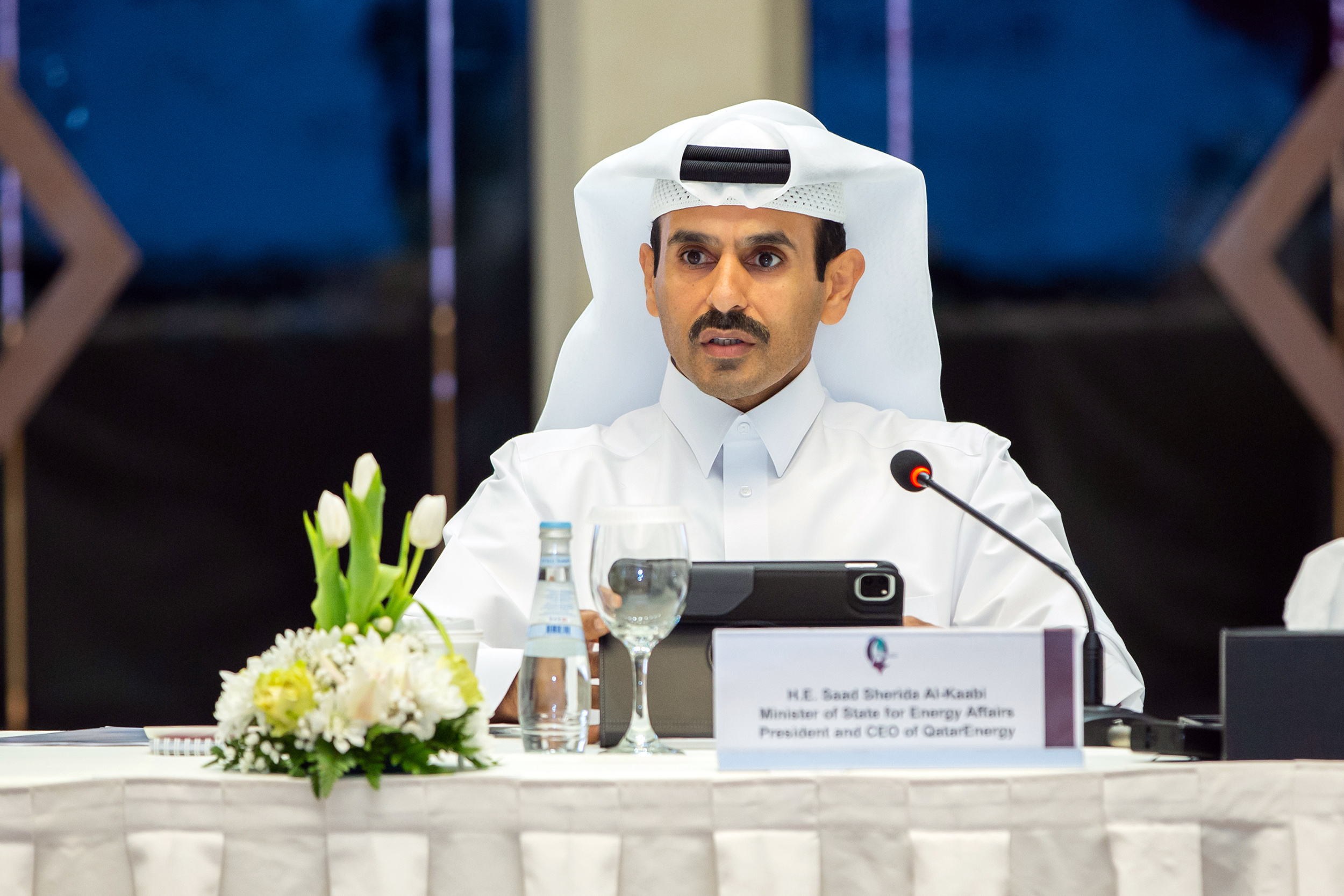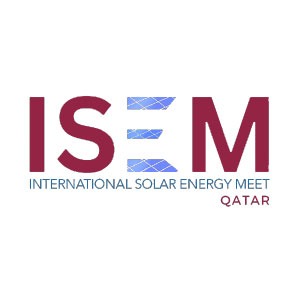- ASRY Awarded 2024 RoSPA Gold Medal in Health and Safety
- BP ponders shifting focus away from renewables, say sources
- QatarEnergy enters 10-year naphtha supply agreement with Japan’s ENEOS Corporation
- The International Energy Agency expects oil demand growth to slow in 2024
- The International Monetary Fund re-selects Kristalina Georgieva as its director
- Libya to target producing 1.4 million b/d by end 2024
- TotalEnergies launches the Marsa LNG project and deploys it multi-energy strategy in Oman
- H.E. Minister Al-Kaabi: Demand for oil and gas will continue for long; we have to be responsible, and Qatar is doing its part
- Egypt to stop exporting LNG starting from the beginning of May 2024
- QatarEnergy selects Nakilat to own and operate 25 conventional LNG vessels

Qatar Energy stops sending liquefied gas tankers through the Red Sea for security reasons

In January 2024, Qatar Energy Company, one of the largest exporters of liquefied natural gas in the world, stopped sending tankers through the Red Sea for security reasons, as the Yemeni Houthi group has been attacking ships belonging to countries that support Israel since November 2023, preventing their passage in the Red Sea and the Gulf of Aden.
The Houthi group says that the attacks come in support of the Palestinians and will continue until the Israeli aggression against the people of Gaza stops.
Qatar Energy CEO Saad Al-Kaabi says that shipping disruptions in the Red Sea will affect the company’s supply of liquefied natural gas and not its production. He adds that forcing ships to move away from the Red Sea and circle around Africa will increase the cost and duration of trips and will also add restrictions on actual deliveries.
Qatar Energy Company confirms that the State of Qatar’s production of liquefied natural gas continues without interruption, and that its commitment is firm to ensuring reliable supplies of liquefied natural gas to its customers.
However, the military operations near the Bab al-Mandab Strait forced the company to temporarily stop the passage of its ships in the Red Sea, and to postpone some natural gas shipments to Europe due to changing the route of its tankers to the Cape of Good Hope.
Changing the flight path from Qatar to Europe from the short route that passes through the Red Sea and the Suez Canal, which takes only 18 days, to the longer route that circumnavigates Africa via the Cape of Good Hope route, increases the travel time by about 9 days to 27 days.
Qatar Energy Company has notified some European buyers that it has to delay or reschedule gas shipments, while emphasizing that Qatar’s production of liquefied natural gas continues without interruption in light of the State of Qatar’s commitment to ensuring supplies to its customers.
Most of Qatar’s liquefied gas exports go to countries in the Asian continent, and China, Japan and South Korea are at the forefront of the main markets for Qatari gas, but European countries have begun to increasingly demand Qatari gas since the start of the Russian-Ukrainian war about two years ago.










